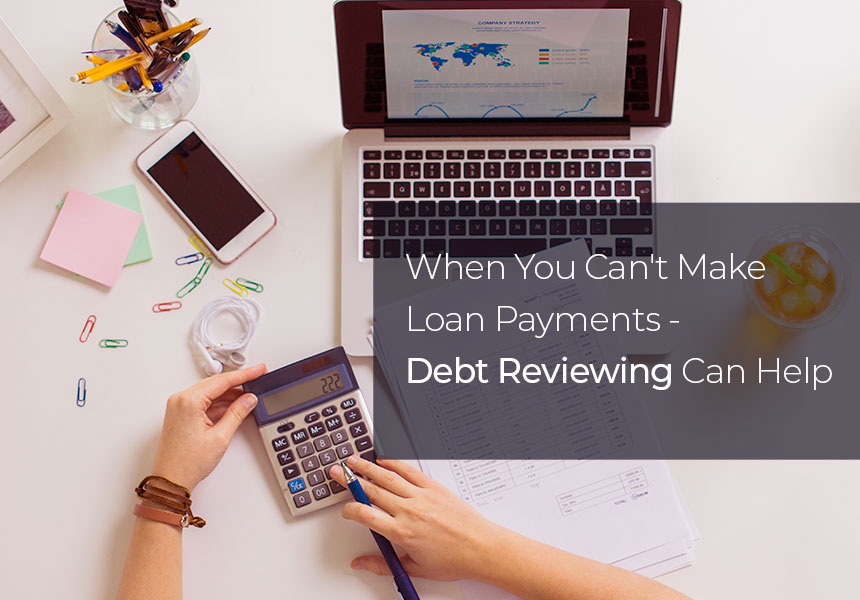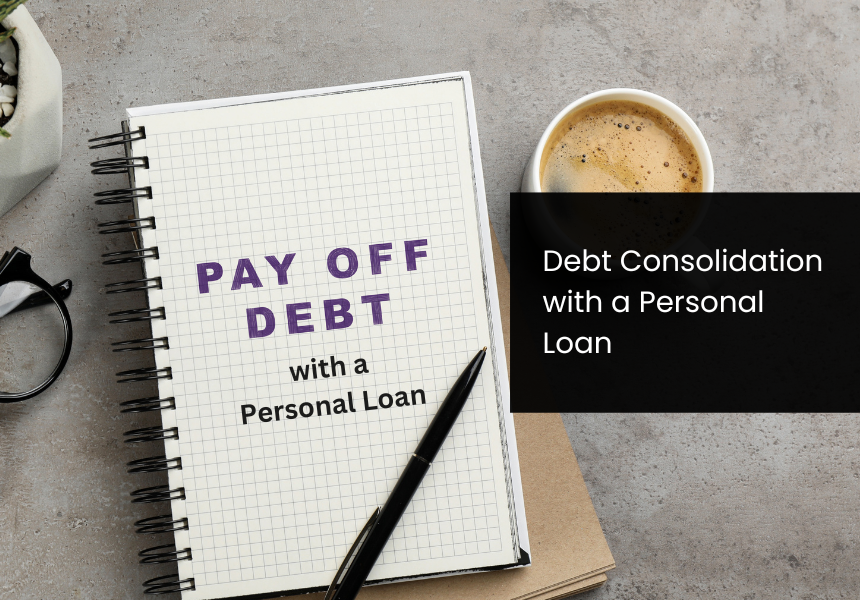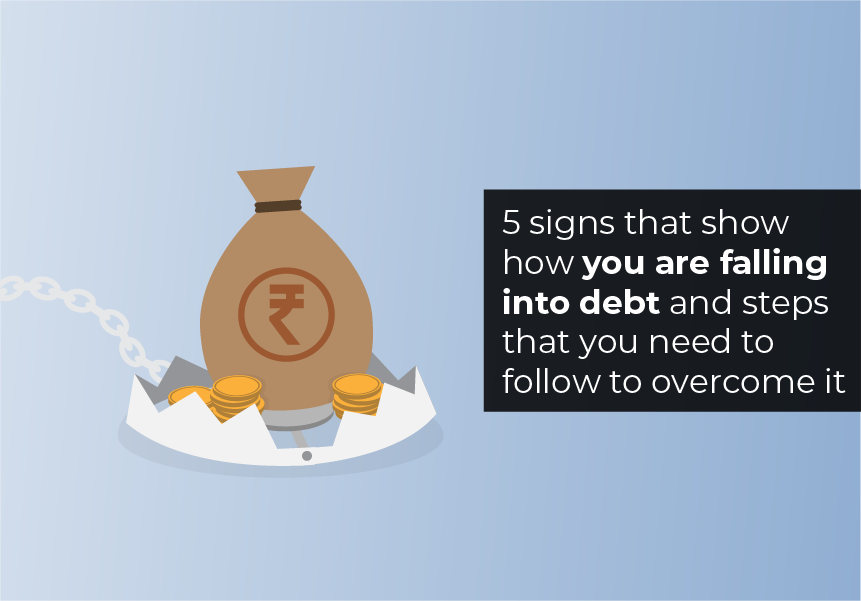
Improper planning and execution of financial strategies may cause damage to your financial health. Once you get entangled in the debt trap, there’s hardly any easy way out. This is why it is very important to keep track of your debts.
It often leads to a haphazard situation, eventually tampering with your peace of mind. It leaves you constantly thinking of how to better the situation. After all, we don’t want this to stress us out or encourage us to take irrational decisions.
What is debt reviewing?
Debt reviewing is when you approach a certified debt management firm to help you take care of your debts by talking to your creditors and figuring out a feasible EMI plan. These firms analyse your income and plan how the amount that is left after expenses can be used evenly and fairly to repay your debts.
When do you require debt reviewing?
When your loan or credit card repayment are proving too much to handle, and payments are getting delayed, debt review is essential. If you can identify with some or all the following situations, you are in dire need of a debt review:
- Your debts are piling up, and you’re taking new loans to pay off your existing debts.
- Your day-to-day expenses also seem like a stretch, and you need to use your credit cards to pay for your utilities and groceries.
- You’ve defaulted on EMI payments for 3-4 consecutive months.
- Your credit score is dropping, and lenders are reluctant to lend you more money.
- You are under constant pressure to increase your income or lower your debts.
- You are on the verge of losing your loan collateral.
- Your Debt-to-Income Ratio (DTI) has exceeded 50%.
Let’s understand the scenario painted by the above points with an example.
Ram has a monthly income of Rs. 1,00,000.
He is paying off his home and car loans, with EMIs of Rs. 20,000 and Rs. 10,000, respectively. His current DTI ratio is 30%.
He’s taken a travel loan worth Rs. 60,000 for a family holiday, with an EMI of Rs. 5,000.
He is paying EMI of Rs. 10,000 toward credit card bill (Rs. 1,50,000) payment.
A medical emergency leads to another loan worth Rs. 1,00,000, EMI Rs. 5,000.
So, he is paying Rs. 50,000 each month toward debt repayment.
Since he can’t pay the full credit card bill, he is accumulating interest on it.
He decides to take a personal loan to clear all his debts, but given his credit record, it may be difficult to get a loan approved at a low interest rate.
Given his financial situation, he isn’t even able to enjoy the stuff he’s bought and the trip he is taking. His work productivity is taking a hit and health is suffering too!
However, the situation hasn’t resulted from just insufficient funds; the bigger reason is the lack of effective debt management. This is the time for him to review his debts and organise his finances.
Benefits of Debt Reviewing
People may not want to admit that they are debt-trapped and may shy away from seeking debt counselling. Here is why this is a logical and must-do solution in such situations:
- You have an expert who can hand-hold you through the financial crisis.
- Your debt will be consolidated so that you need to make just one repayment each month, and the repayment amount will also be lower.
- While under debt review, your assets (home, car, etc.) are protected from being reclaimed.
- Your income will be used to meet your basic needs first, and the remaining amount will be used for settling your claims. So, your daily expenses will be managed well.
- Your stress levels will go down, letting you be more productive and efficient.
- You will pay off your outstanding debts and develop a more responsible spending behaviour that lets you borrow money and still be financially healthy.
There are certain restrictions while you are under debt review. You will not be able to borrow more money during this time. Only genuine cases qualify for debt counselling. You must consider the time and the cost of debt reviewing. As the repayment amount is lower, your debts may take longer to be paid off. You must always check for the legitimacy of the debt counsellor and avail the services of a certified one.
How often must you Review your Debts?
Self-review of your debts should be done at regular intervals to check for any deviations from your financial planning. Especially if your debts consist of unsecured loans, such as personal loans, credit cards, or personal overdrafts, it is important to monitor the repayment closely. When you lose your job or have a medical emergency and know that your monthly outflow will exceed your income, assess the situation and seek help immediately. If you are unable to effectively manage your debts even after reviewing the situation, don’t let the situation worsen and avail debt counselling. Do not let your debts pile up. Take corrective measures in time to avoid going broke.
Debt consolidation using personal loans, credit card turnover loans, or personal overdrafts is a great way to curb the debt trap on your own. This method helps to consolidate multiple loans into one single loan. It helps reduce the hassle of keeping track of multiple due dates and dealing with multiple vendors. Debt consolidation is often favourable as you have the option of paying off multiple dues at lower interest rates. What could be better than reducing your monthly cash outgo!
If these measures do not work for you, it is advisable that you seek professional help in the form of debt counselling or debt reviewing. All these tools are designed to help you sail through your financial crisis.
LoanTap offers Credit Card to Personal Loan Balance Transfer – A low interest option to help you repay your credit card outstanding.







